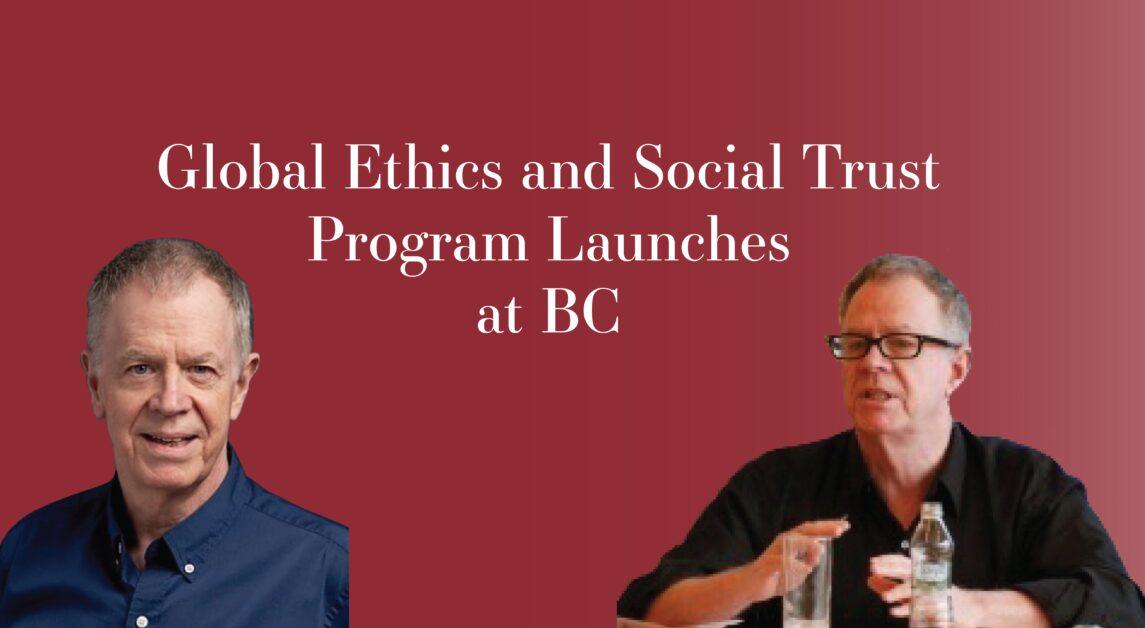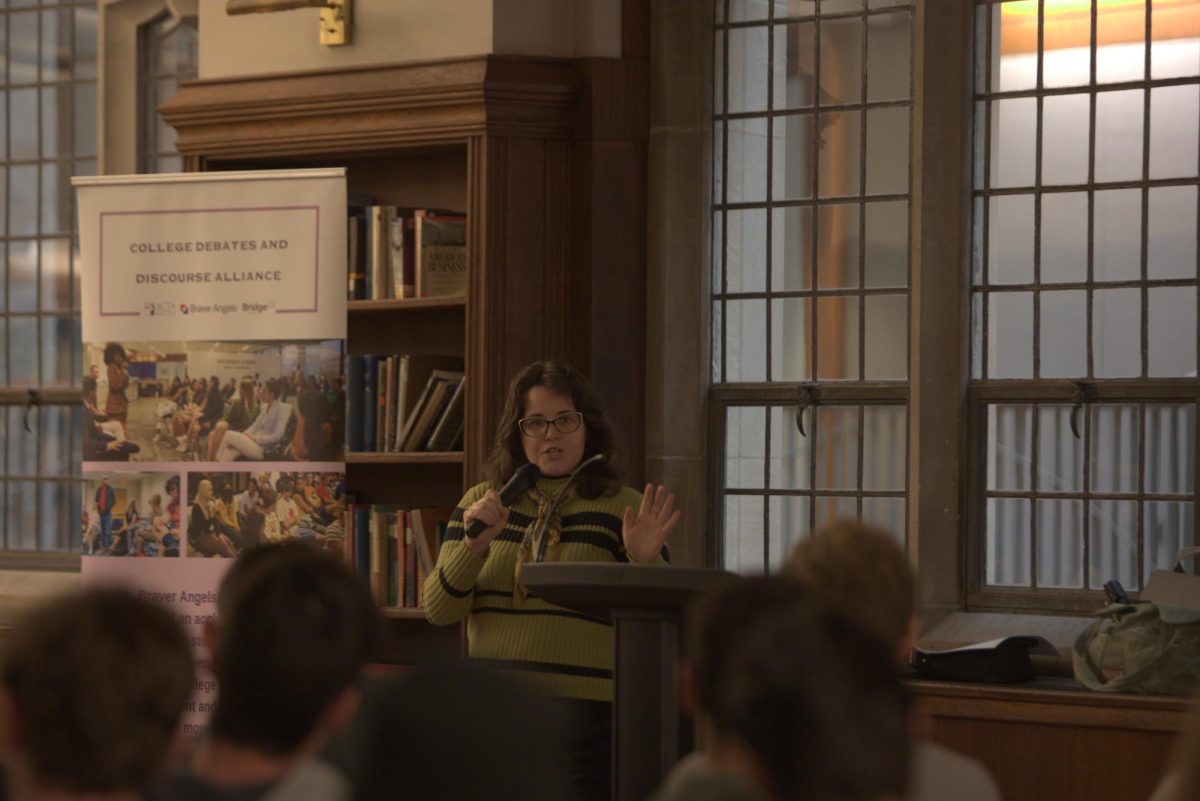Boston College’s Program on Global Ethics and Social Trust (GEST) officially launched last week. The two-year international pilot initiative focuses on cultivating conversations about global issues among university faculty around the world.
James Keenan, the founder of the project and vice provost for global engagement at BC, added that he hopes that by the end of the pilot’s two-year run, BC will establish a global ethics and social trust center.
“There’s only a few centers like this in the country,” Keenan said. “And I want BC, since we are a school of men and women for others—and in a way I think it’s the most important Jesuit university in the world—I’d like to show that this is what a Jesuit university is capable of doing.”
GEST is based at BC through the Office of the Provost and the Schiller Institute for Integrated Sciences and Society. The Porticus Foundation granted the project $500,000 over two years to help establish two working committees that will discuss various issues of social trust within society. The program will bring people from around the world together to offer different perspectives on these issues.
BC Law School professors Katharine Young and M. Cathleen Kaveny also recently joined the initiative.
Kaveny, BC’s Darald and Juliet Libby Professor, is a member of the first working group committee, which analyzes the role of education in addressing threats to democracy and the rule of law. Kaveny said the committee also discusses social trust issues within democracy and law, such as in the Supreme Court.
According to Kaveny, many people are losing trust in government due to dark money—money raised by people who do not have to disclose their identities—going toward political causes, such as appointing justices to the Supreme Court.
“You’ve got people saying hey, you know, becoming a justice is just becoming a politician in a robe,” Kaveny said.
Kaveny said there will be a lack of trust in society if Supreme Court justices only promote the interests of the people that financially support them, rather than making a “good faith effort” at representing the American people.
“So I see social trust in the rule of law as tremendously connected and that’s the aspect of the question in the U.S. situation I’m interested in,” Kaveny said.
Young, BC Law’s associate dean of faculty and global programs, is the chair of the second working group committee. According to Young, this committee focuses on the connection between climate change and migration from an interdisciplinary perspective.
“We bring together natural scientists and social scientists and lawyers to look at the issue of, and really to look at the profound challenge, that comes from climate change pushing a forced migration of peoples,” Young said. “Because the places in which they live have become inhabitable.”
According to Keenan, each of the committees are set to meet monthly to talk through these various global issues.
“I have all sorts of different people talking together, and I’m trying to model what type of discourse we need, if we want to answer these urgent problems,” Keenan said.
Keenan said the goal of the project is to show the University that in order to solve present day challenges, BC needs to partake in interdisciplinary conversations and work with other universities.
“They need to have a way of highlighting how interdisciplinarity works, and how individually universities have to work with other universities and can’t work alone if it really wants to address global issues,” Keenan said.













